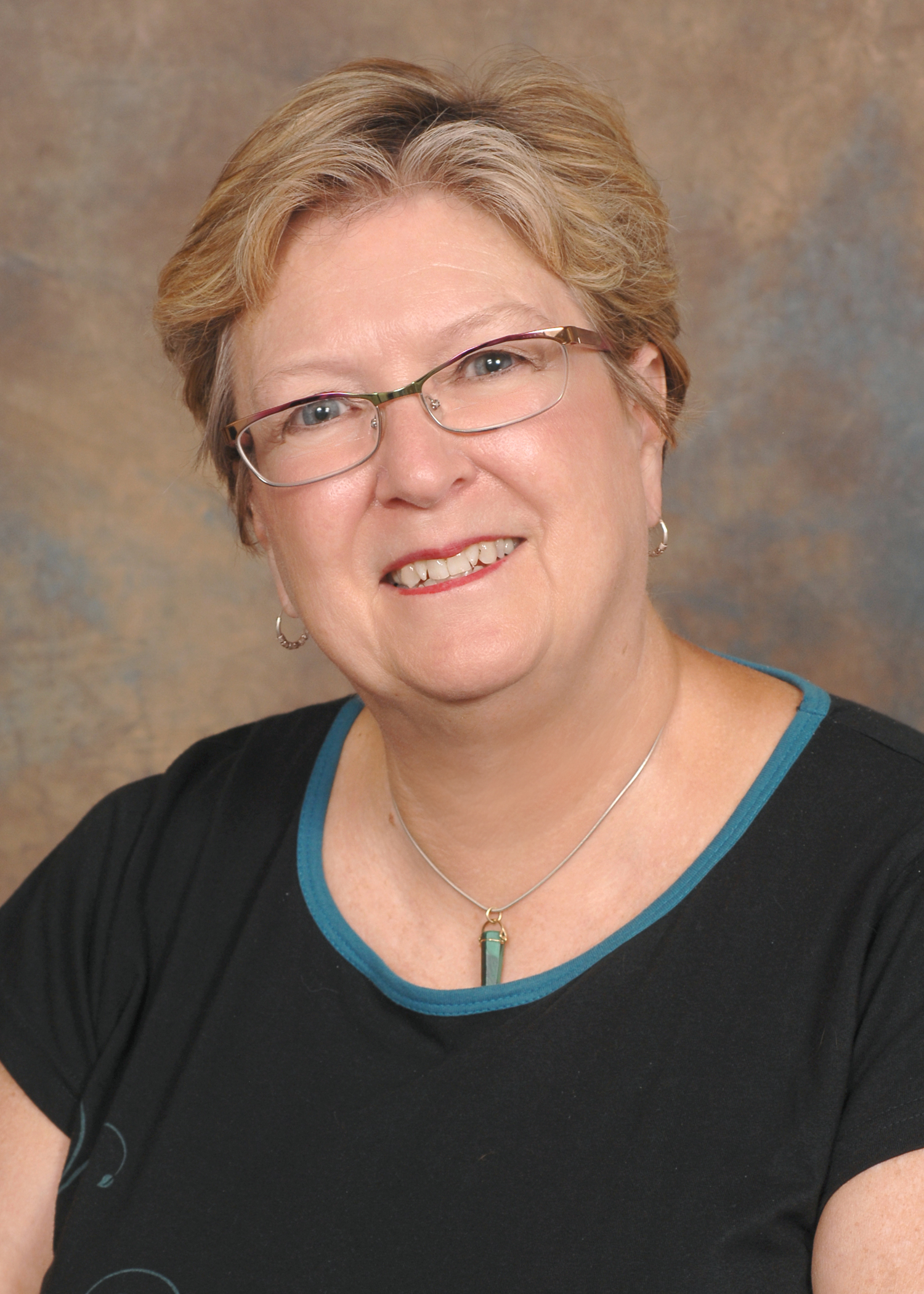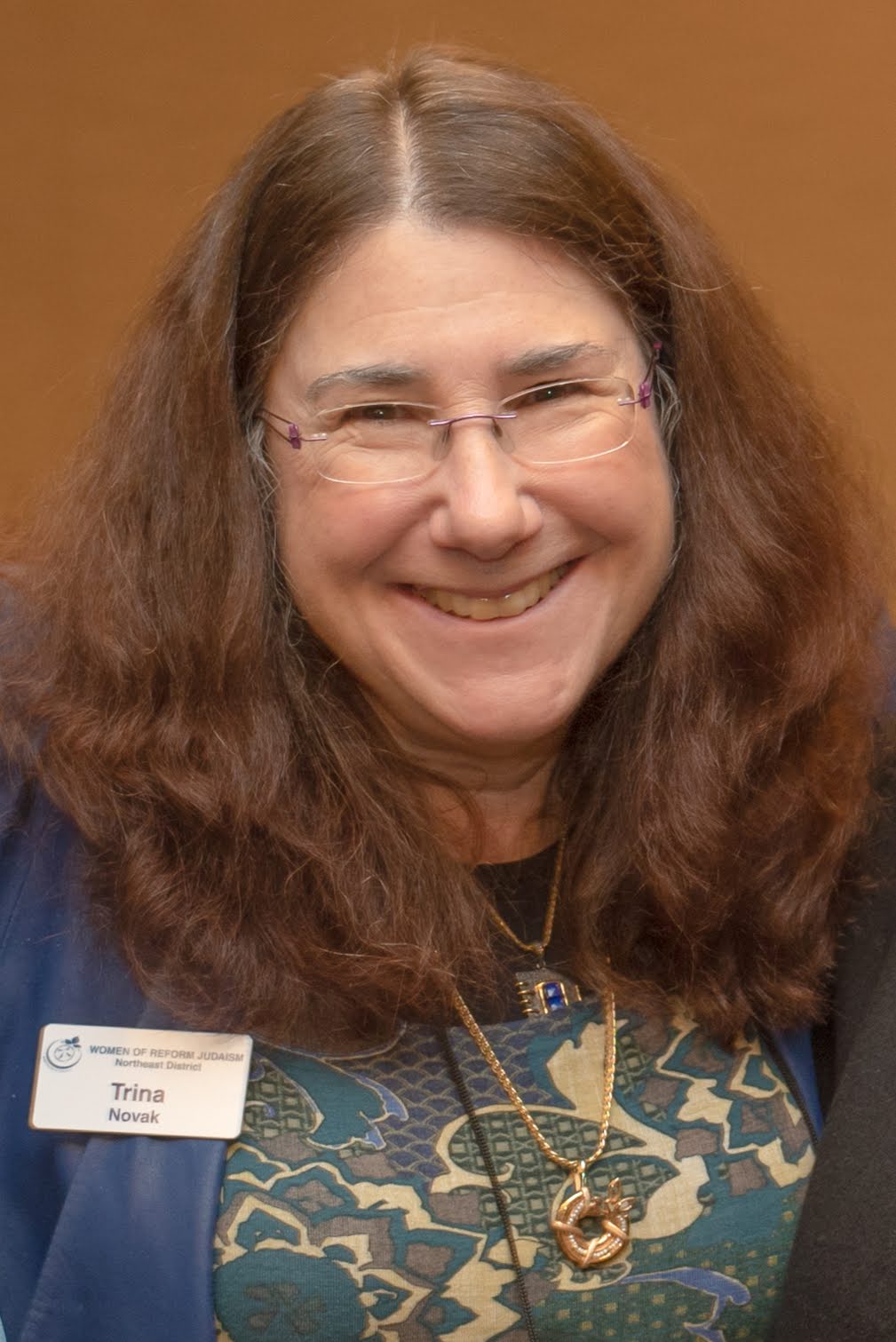
Nearly all of us have been harassed, assaulted or both at some time in our lives. We typically don’t discuss this and may not even admit it to ourselves. These are our hidden stories.
Each of us told a personal story at the beginning of the WRJ says STOP webinars, Trina at the first one, and Trish at the second webinar. We did not initially share these stories beyond an intimate circle of family and friends at the time of the events. Then, we never talked about them again until the WRJ says STOP Initiative launched in 2022. Telling the stories was difficult, but we felt “lighter” afterward. It was no longer a burden on our souls. Even sharing the rather simple story of the man who insisted on kissing on the lips had a positive effect when, in the chat, we received messages of “I know that man. He is in my congregation.” These assaults occurred in what was supposed to be a safe place; an area where children gathered and in a temple. By sharing these stories and working on the WRJ says STOP Initiative, we feel we can change the culture in these sacred spaces.
Why don’t we share these stories more easily? There are many reasons, but the short answer is that we do not feel we will be heard or believed. When we do tell someone, there is pushback summarized by the term DARVO (Deny, Attack, and Reverse Victim and Offender). We fear that the listener will DENY our stories for many reasons. Our culture and society have taught us that these things are not talked about.” After all, perhaps if we just don’t talk about it, if we bury it, we can all make believe it never happened. While silence and burying the story might make it disappear for the “listener,” it does not go away for the survivor. We are afraid that the person with whom we share our story will deny it directly, because they have trouble believing that “this stuff” could possibly happen in our world/organization/space. And how does it help to share the story if there is a risk the listener will excuse the offender with, “they didn’t mean it,” or, “they are from a different generation.” And so, we tell ourselves—if nobody will believe you anyway, what is the point in sharing the story?
And then, there are fears of the additional harms that might come to us if we share with others what actually happened to us. We fear being ATTACKED and losing status in our communities, especially if the offender is in a position of power. We fear being ridiculed as “too sensitive” or that people will try to erase or squash the story for reasons that serve them but harm us. We fear community retaliation—either intentional or inadvertent. We fear being blocked from jobs and opportunities, membership or inclusion within an organization, or the chance to be trusted to serve on a committee or in a position of leadership. The reason for this might be because we are perceived as not being a team player, or just not quite leadership material. We worry the listener might compound the harm by twisting the story to protect the offender. This can happen in many ways and for a myriad of reasons, the power of the offender in the community as a donor or leader or out of a desire to “keep the peace.” The story can be twisted to blame the survivor or by reversing the target and offender, inverting who gets blamed and who gets sympathy and support. It can be hard to convince others that a previously trusted or beloved member of the community acted in such a manner. Somehow, it is easier to believe the person reporting was enticing or initiated the event or is at fault for resisting or making a big deal out of what happened. We fear if we speak out once, we will be silenced in other ways in our community. And so, we silence ourselves.
It is always the choice of the victim/survivor whether to share or not. In our experience, when we have shared, and the listeners have responded well, we have found it healthy for ourselves and our community. We were nervous before sharing on the webinars–but we were believed, supported, and held up by our community. Even just talking about that unwanted kiss on the lips at the oneg, now that we know it is more widely experienced and condemned, we feel strengthened in speaking out against it. This is one way sharing our stories can help prevent further harassment and assault. For us, it has helped to relieve some of the unwarranted guilt and embarrassment of the victim/survivor, in part because we were able to find allies with similar experiences. Research shows that psychological unburdening can allow the victim/survivor to move forward with their life. For further information, see these links:
- Speaking Out: The Benefits for Survivors of Sexual Assault
- Mental Health benefits of Sharing Incidents of Sexual Abuse
How can we allow our stories to be shared in an open and healthy way? What actions can we take to help others share their stories? In brief, we need to be an ally and a good listener.
- Believe the survivor
- Give the person a safe space and the room to speak without interruption.
- Don’t judge or belittle what is being said.
- Don’t ask why questions because these questions can sound accusatory.
- Don’t interrupt, deny, or negate the survivor’s feelings.
- Assure the survivor that they are not alone.
- Provide positive affirmation and support survivors as much as they would like to be supported.
What Actions can I take now?
- If you have not already, watch the WRJ says STOP webinars, which are posted on WRJ.org. (see link above)
- Visit our WRJ says STOP platform. Familiarize yourself with our resources, including the Glossary, Jewish Text studies, handouts, action and advocacy links, and more.
- Review this article on how to be a good listener and Start by Believing (see the article above)
- Sign up for information about the next WRJ says STOP webinar, which will address sexual assault and how we listen to each other.
Your story is yours to tell. We encourage those of you who have a story to share it with those you trust, when you feel ready. This may be difficult initially, but here are tips on when and how to talk about abuse. If you wish to speak more publicly, this resource will help you get started. WRJ says STOP resources have a trove of information that can also be helpful and healthy. Using these resources has helped us find the courage to speak out.
We are grateful that WRJ has given us both the encouragement and the opportunity to share our stories in a way that can help drive change.
___________
To help you bring your voice forward in your congregation, visit the WRJ says STOP website. WRJ says STOP is an initiative with a broad range of easy-to-use materials and resources to empower lay leaders to work with professional partners to create a safe, respectful, and affirming culture for our organizations and congregations by educating them about the abuse of power dynamics, gender-based harassment, and sexual assault.
If raising this topic triggers trauma or pain for you, please consider reaching out to a resource:
In the United States, call the RAINN National Sexual Assault Hotline at 800.656.HOPE, or 800.656.4673.
In Canada, find support and reporting information at the Canadian Association of Sexual Assault Centres or Ending Violence Association of Canada, and in Ontario at Assaulted Women’s Helpline
For URJ or other affiliate reporting information, go to:
WRJ says STOP Materials and Resources
URJ's Ethics Accountability
CCAR Ethics Systems Report
HUC
Related Posts

Continuing to Educate and Empower People Together

My Challah-Making Experience




